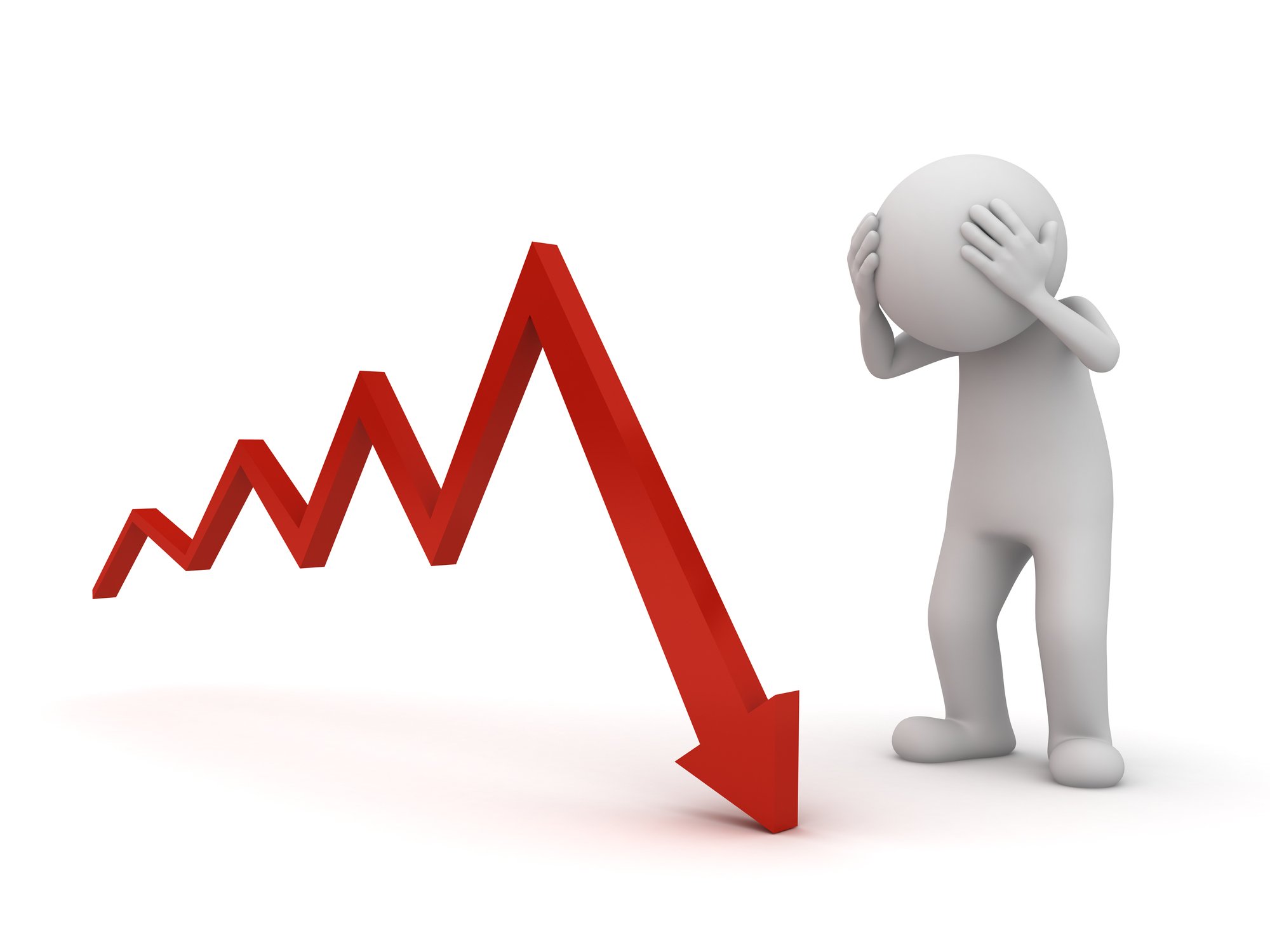
Aerospace bearings. Image source: KLX Inc.
What: Shares of KLX Inc. (KLXI +0.00%), a world-leading supplier of aerospace fasteners and consumables and a full-service provider of inventory management solutions for multiple markets, are down a sharp 16% during early morning trading after posting mixed results during the first quarter.
So what: KLX's top-line revenue was weaker than expected, checking in at $368.2 million during the first quarter, below analysts' estimates of $383.6 million. Not only was the result weaker than estimates, but it was a steep 14.7% drop from last year's first-quarter revenue of $431.5 million.
Despite the anemic top line, the company's bottom line checked in higher than estimates; adjusted earnings came in at $29.1 million, or $0.42 per share, ahead of the $0.30 per share analysts expected. However, that $29.1 million was a steep 38.7% decline from last year's first-quarter result of $47.5 million.
Those results were enough to get investors' attention with more than 2.7 million shares being traded compared to KLX's average daily volume of about 360,000 shares per day.

Now what: The company's total results were weighed down by its energy services group -- KLX's two business segments are reported as aerospace solutions group (ASG) and energy services group (ESG) -- and that business will continue to feel the pain with deep cuts in exploration and production capital expenditures. That's just the truth of the energy sector at the moment, and headwinds are expected to be significant again in the second quarter.
The ASG segment's first quarter wasn't nearly as brutal as that of the ESG segment, but it was still weaker than expected, with a double-digit decline in revenues from the military and business jet part of its business.
Over the past 12 months, shares of KLX have dropped 35%, but if the company can fold in its recent acquisition -- which is expected to be accretive to earnings in the second half of 2016 -- and continue to cut costs, its business should rebound nicely if and when the energy sector improves. With that said, it's clear these results aren't convincing investors that a turnaround is going to happen anytime soon.



